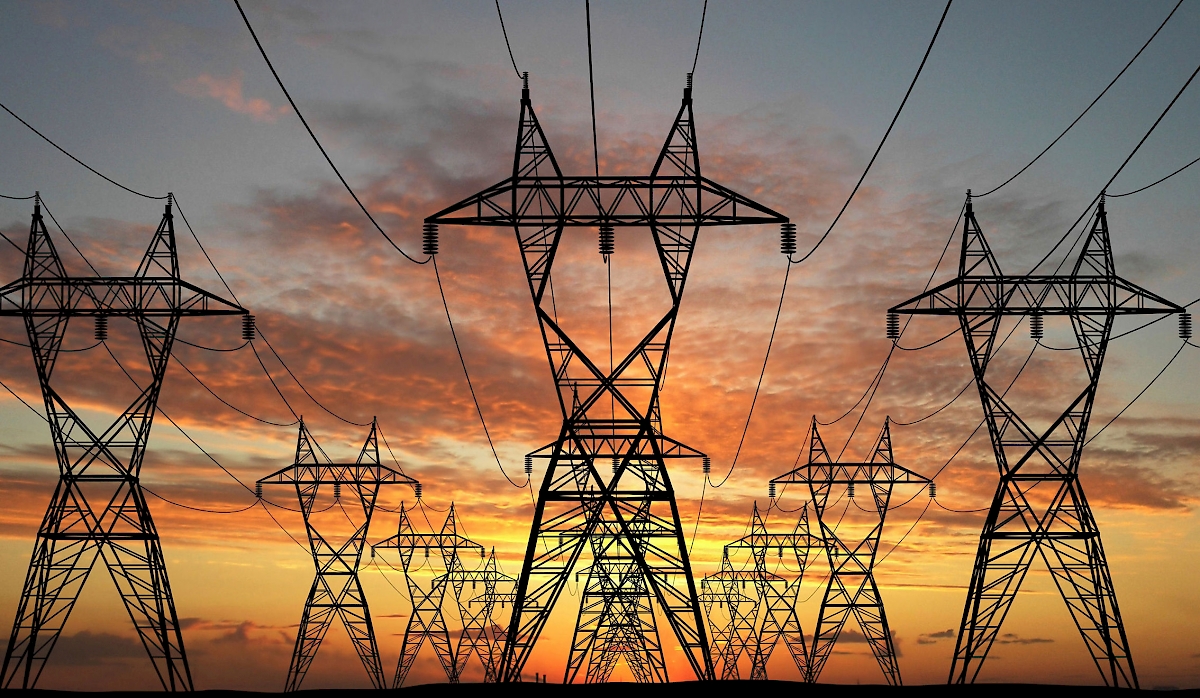Exit of Britain from the European Union, or Brexit as it is better known, could have far reaching implications for energy policy in the UK. These include both the energy technologies and sources it chooses to support, and the markets and supports it can access internationally.
Specifically, a vital component of future energy supply, the nuclear sector may benefit from a Brexit due to a relaxation of competition laws currently slowing expansion and upgrades. On the other hand, access to an integrated EU electricity market would likely be unavailable, and hence leave the UK further isolated and dependent on new – as yet underdeveloped – energy infrastructure.
As such, whether Britain decides to remain in the EU will define how and whether the UK will meet its Paris COP21 targets, and shape the future of the British energy mix.

Promised by Prime Minister David Cameron during the last election cycle, a referendum on whether Britain will leave the European Union (EU) or not is due to be held on June 23 2016. Drawing supporters on both sides of the argument, a fierce debate has emerged which pits those who favour the benefits of access to the single market for duty-free trade and financial services against those who value greater autonomy in a variety of financial and regulatory areas. While the majority of economists argue that an exit would undermine growth, weaken the pound and significantly jeopardise domestic financial stability, the advice may be less clear-cut when it comes to energy policy.
The UK is at a cross-roads in determining future energy infrastructure and supply. Despite progress on renewables and the development of gas plants, there remains a clear need to both expand domestic nuclear energy capacity (currently hamstringed by EU regulation), and secure access to European energy grids (which would be limited by a Brexit). Here we examine how a Brexit would impact those ambitions, and ability of the UK to balance efficiency, security and environmental concerns.
The UK needs to go Nuclear
With coal no longer an option, financial support for renewable energy all but withdrawn, and gas-fired plants slow to materialize, nuclear energy is fast becoming a vital part of the new energy infrastructure that is needed to ensure the lights remain on in the UK. The current program consists of developing eight new reactors on existing sites across the UK. The anticipated contribution of each plant of circa 7% of the UK electricity supply is significant and unrivalled in terms of contribution from other energy sources.
Despite the pressing need to start implementing this plan due to the limited lifespan of existing plants and surging demand, current incentives offered by the UK to encourage the building of new nuclear plants by private companies have come under fire as counter to EU competition rules.
Hence, freed from these rules, an independent UK could offer a range of subsidies in addition to contracts-for-difference, including production-tax-credits (as it is a low carbon source), work-in-progress payments and loans at government borrowing rates (rather than the private sector). Until the new nuclear plants are built, life extensions can be granted to the existing nuclear energy fleet – such as has been granted recently in 2016 to the reactor Torness and Heysham II until 2030. And, as the UK is a signatory to international treaties on nuclear safety and liability, safety in operation would not be affected.
Disconnected?
The EU has been moving towards an internal electricity market for many years, but has only recently begun to financially support this policy. To complete the project, it has established a €4 billion fund to encourage the development of more cross-border electricity connections. It is also is harmonizing planning law to facilitate the development of this cross-border electricity transmission infrastructure.

If the UK becomes independent, it would no longer be subject to this policy and would no longer be able to apply for this funding. In essence there would no longer be any incentive for EU member states to have the UK as part of their electricity market. And considering that the UK is an island, electricity interconnectors with mainland Europe are more expensive. The reality is that the UK would no longer be able to rely on electricity imports, and would need new energy law and policy that would guarantee the development of new energy infrastructure and the development of a more robust capacity market. A Brexit would also make it harder, if not impossible, to apply for EU funding for such infrastructure.
An independent UK would also mean that the UK would not benefit from the lower prices anticipated by the development of the EU internal electricity market. There would be repercussions in that the ‘choice’ of energy supplier could be reduced and support for the role of the consumer (utilising smart meters for example) also reduced.
The resulting scenario for an independent UK would lead to a defining moment for the UK energy sector as pressure for new infrastructure grows, leading to more outages for maintenance and updating. Consequently, an energy-policy-disarray may occur where the UK’s aging energy infrastructure receives life-extensions despite high costs of operation and safety concerns. The alternative may mean fast-tracking all energy projects through the planning process regardless of environmental, social and human rights concerns.
The are some solutions, however. Innovative policy mechanisms could support the development of smart grids. The efficiency of the electricity grid could be improved by supporting low-carbon energy sources as it is happening in China and Germany. Finance for new electricity generating infrastructure could be raised from international development banks, bond markets and pension funds who are showing an increased enthusiasm for energy projects, and more specifically low-carbon energy projects.
Challenging Times
Brexit would provide an additional challenge to the UK energy sector. In this regard, however, the UK is not unique. Nearly all EU member states face equally tough challenges in their energy sectors – and in particular in relation to the need for new energy infrastructure. Nevertheless, if there is a Brexit, its significant impact will be that an independent UK will have to take decisions on its energy policy sooner rather than later.
In particular, it will have to make urgent choices about what energy technologies it will support, while balancing the competing aims of the energy trilemma for the UK: the need for energy security, the provision of low-cost energy and reducing the environmental impact of the sector. It will have to ‘lock-in’ to these technology choices, often for decades depending on the choice of technology. A Brexit will place more emphasis on energy security and mean that the need for energy infrastructure is even more acute. After such energy choices are made, these will determine whether the UK will meet its new commitments under Paris COP21, and whether an independent UK can emerge as a leader in the global energy sector.









